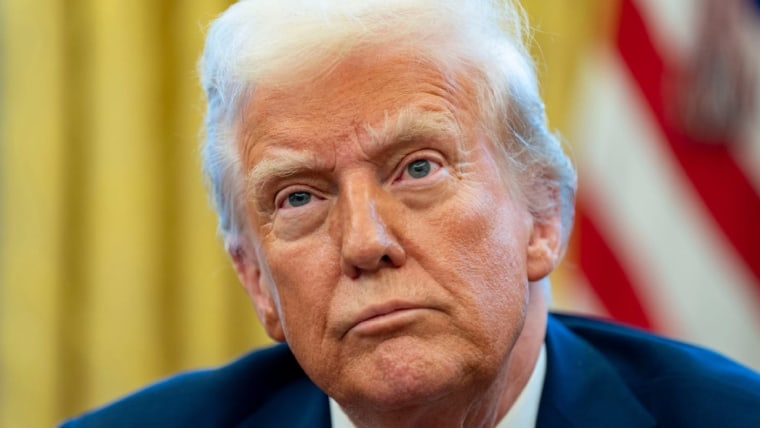A Marine Corps veteran’s wife, taken from her two-year-old and three-month-old children. A fourth-grade boy from California taken from his father and detained at a routine immigration appointment, later deported to Honduras. An asylum-seeking 9-year-old girl and her mother parted from her stepfather and 16-month-old sister and taken into federal custody.
Those are just a few examples of the families ripped apart by the Trump administration’s cruel immigration policies. During the president’s first term, the practice of forcibly separating families of immigrants faced widespread outrage and protracted legal challenges. A 2023 settlement between the Biden administration and the American Civil Liberties Union banned that practice at the border until 2031. Yet in his second term, it didn’t take long for Trump to violate court orders and continue tearing families apart.
Migrant children and families are not “invaders.”
Amid protests in Los Angeles earlier this month over family separation and Trump’s broader immigration policy, the president deployed National Guard troops and U.S. Marines to the city. His top adviser Stephen Miller posted on X that Americans face a stark choice: “Deport the invaders, or surrender to insurrection.”
Framing immigrants — including children — as “invaders” is not just inflammatory rhetoric. It perpetuates dangerous, dehumanizing narratives and serves to justify violent family separation practices. Migrant children and families are not “invaders.” They are victims of U.S. immigration policy that has repeatedly torn families apart, inflicting lasting harm on child development and well-being.
How did we arrive at a moment where protesting the detention of a child ripped from their parent’s arms is met with militarized force? Although President Joe Biden called family separation “criminal” as a candidate, accountability for the practice never materialized and U.S. immigration policy continued to separate families throughout his administration . Now, in Trump’s second administration, family separation has gone largely unchecked, as the courts and Congress abdicate responsibility and cede control of immigration policy to the executive branch.

In its first five months, this administration has taken approximately 500 migrant children living in the U.S. from their homes and into government custody. As the examples at the start of this piece show, family separation is not limited to the border, but is happening in homes, schools, and courthouses across the country.
Although the Trump administration has emphasized that their focus is on mass deportation, mass deportation is family separation. “Shock and awe” deportation campaigns arefamily separation. As of 2019, an estimated 4.1 to 5.7 million children in the U.S. lived in mixed-status households, i.e. households with at least one citizen or documented immigrant child and at least one undocumented parent.
Children are especially vulnerable to trauma early in life, when brain plasticity is highest.
The Trump administration has also escalated attacks on migrant children’s rights. Trump violated the court-ordered settlement to provide legal representation to thousands of families separated under the Zero Tolerance Policy. The Office of Refugee Resettlement terminated legal representation for 26,000 unaccompanied children, forcing children to represent themselves in court. ICE raids and rescinding the sensitive locations policy have turned playgrounds and classrooms into places of uncertainty and trauma. And Trump is fighting the landmark Flores Settlement Agreement that limits how long children can be held in detention. Already, data show migrant children are being detained for longer periods.
This prolonged detention and parent-child separation has profound and lasting consequences on the developing brain. Children are especially vulnerable to trauma early in life, when brain plasticity is highest. Forced separation from a parent — or living in constant fear of it — triggers the brain’s threat detection systems, causing children to remain on high alert and increasing their risk for mental health disorders like post-traumatic stress disorder (PTSD). Deportation of a parent can lead to drastic reduction in family income, forced relocations, and emotional trauma. These consequences are linked with emotional and behavioral challenges that can last into adulthood.
Immigrant communities are scared and outraged. Millions of Americans who recognize immigrants are our friends, our neighbors, and our fellow human beings are outraged. Protests — not just in Los Angeles but nationwide — reflect a growing demand for accountability. And should future leaders get a chance to remake our immigration system, they must not forget who is at the center of the harm Trump has wrought: children and families seeking safety.
